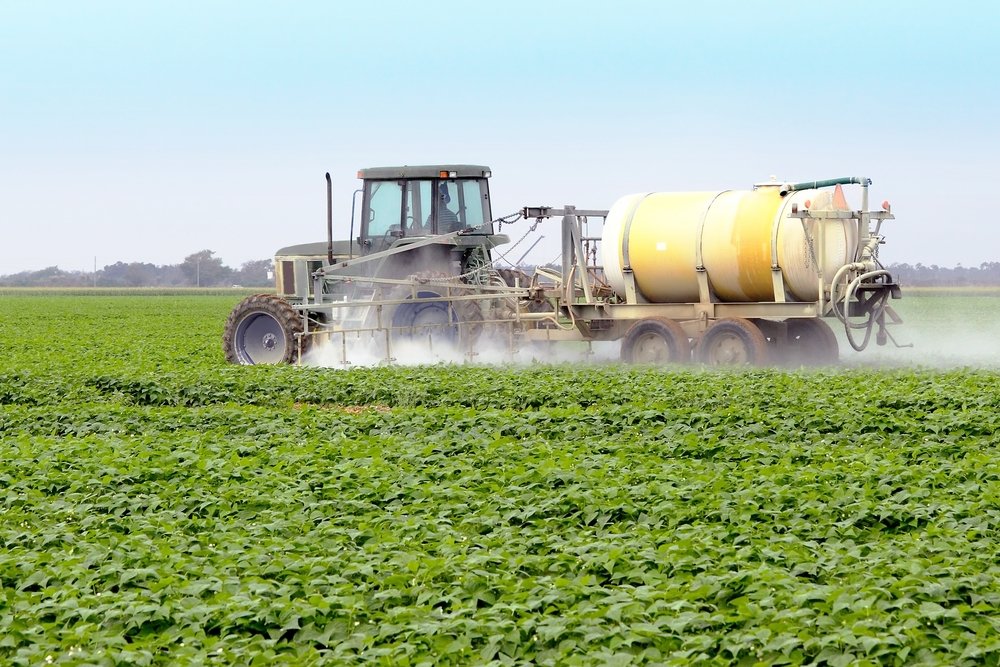Officials of the Economic Crime Investigation Division of the Criminal Police of the Tauragė County Chief Police Commissariat managed to find out about the criminal activity. According to the suspicions, the officers monitored for a while, and later – raided and found evidence that the owner of the organic farm in GJ Šilalė district was trading in prohibited and illegal products, the report said.
Inspectors of the premises found various banned, incorrectly labeled or more than five years overdue plant protection products. These include systemic insecticides, fungicides and herbicides.
According to Aurimas Banis, the head of the Economic Crime Investigation Division of the Criminal Police of the Tauragė County Chief Police Commissariat, such violations are latent – difficult to explain, as both the buyer and the seller are satisfied with the transaction.
Zita Varanavičienė, director of the Lithuanian Plant Protection Association, says that the fact that illegal pesticides were distributed by the owner of an organic farm did not surprise her.
“Not all gold shines in gold – organic farms also need plant protection products because they also have diseases in them. Because the choice of chemicals for organic farms is severely limited, they sometimes resort to unauthorized products to protect their crops. In this case, the owner of the organic farm apparently bought the illegal products both for himself and for other “friends of fortune”. We are grateful to the police for finding out about this case, ”says Z. Varanavičienė.
According to her, this is not the first such event in Lithuania. Back in 2021 was recorded when the owner of a biodynamic farm traded in a Russian product not registered in Lithuania.
The fact that some organic farms use pesticides is also shown by data from the European Food Safety Authority (EFSA). This organization tests various products every year for residues of plant protection products, which are also regularly found in samples of organic food.
“EFSA’s data show that organic food contains active substances that are banned on EU farms in general,” says the head of the LAAA.
According to Z. Varanavičienė, illegal plant protection products are usually purchased without invoices, paying for purchases in cash.
An offender caught by the Tauragė police faces a fine under Article 342 of the Code of Administrative Offenses, and the cost of destroying illegal products will also be his costs and the possibility of losing direct payments when information about the offense reaches the National Paying Agency.
–
It is strictly forbidden to use the information published by DELFI on other websites, in the media or elsewhere, or to distribute our material in any form without consent, and if consent has been obtained, DELFI must be cited as the source.


